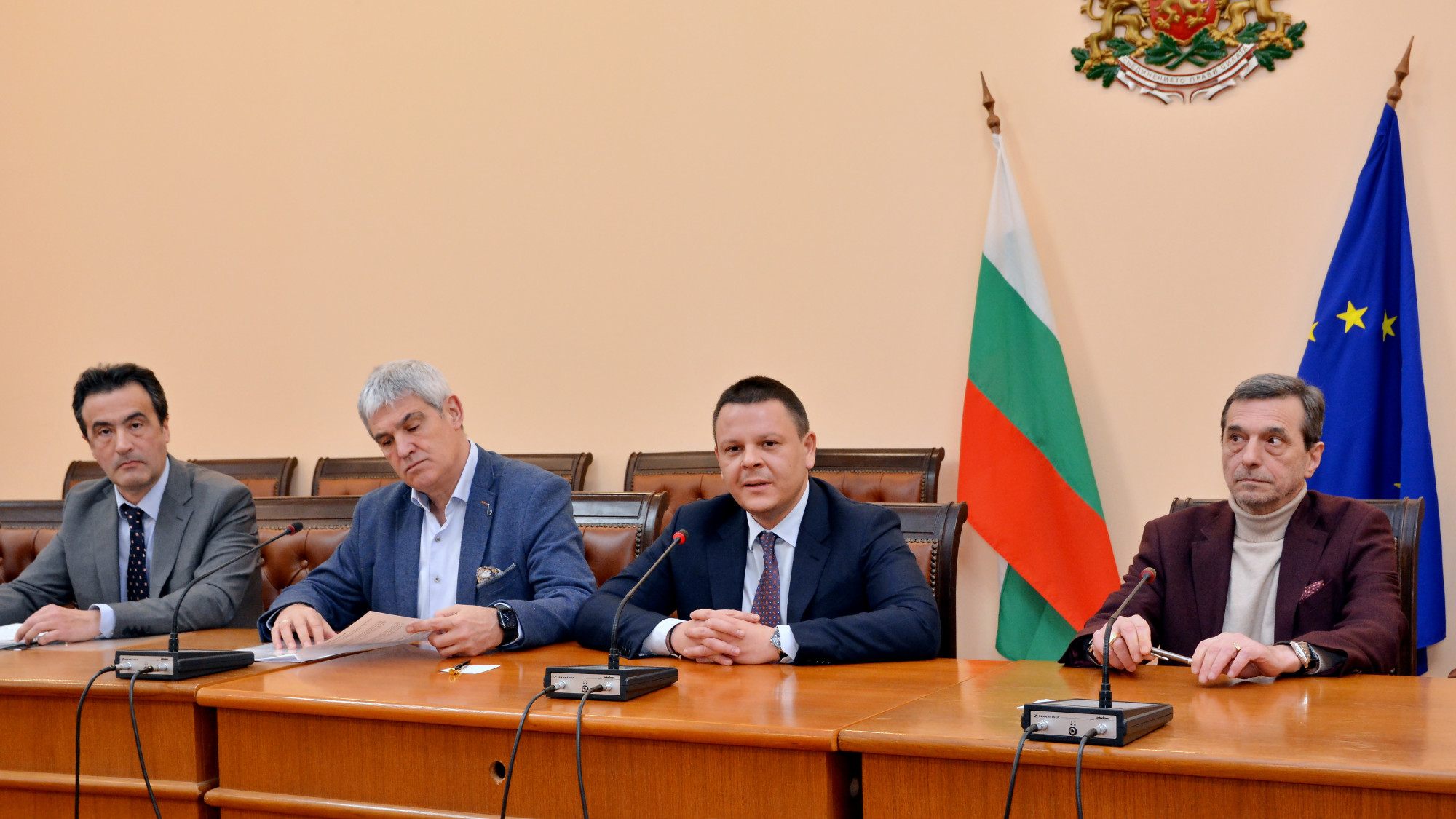The agreement to increase wages at Bulgarian Post EAD by 19 percent, as well as the value of the vouchers from BGN 60 to BGN 100, will reduce social tension in the company. This was stated by Deputy Prime Minister and Minister of Transport and Communications Hristo Alexiev after the CEO of Bulgarian Posts EAD Philip Alexiev and the representatives of the trade unions in the company, parties to the Collective Labour Agreement, signed an agreement.
The leaders of the Confederation of Independent Trade Unions of Bulgaria and Confederation of Labour "Podkrepa" Plamen Dimitrov and Dimitar Manolov, who were also present at the signing, commented that it was a good sign that there were no protests, but an agreement that will make the life and work of the employees of the postal operator better.
"I have set as an absolute priority the improvement of working conditions not only in Bulgarian Post, but also in BDZ and in the other companies," the deputy prime minister said.
"Our wish was to have a higher increase, but we have to keep the financial parameters of the company sustainable. I hope the increase in salaries will lead to better motivation of the employees," Hristo Alexiev said. He announced that the preparation of a recovery plan for the company has started. According to him, the measures could lead in a 3-year period to an increase in the market share of the postal operator in courier services to 10 percent, as well as to an entry into the financial and Fin-tech services sector.
Serious action has been taken to restructure the Post's liabilities which are currently BGN 72 million and their restructuring will lead to savings of about BGN 6 million per year. This will be used both to pay higher wages and to implement the recovery plan.
Bulgarian Post's problems are superimposed back in time. "Only due to the hacker attack that happened in April last year, the post office suffered losses of BGN 17 million. These lost revenues have naturally gone to other operators, mostly private. Given that the previous management of the company could have done what we did and moved the entire database to the state cloud. It is inexplicable to me why this action was not taken earlier in time," the Deputy Prime Minister said.
During the event, trade union leaders Plamen Dimitrov and Dimitar Manolov appealed to the state to guarantee equal conditions for state and private operators in certain sectors of the economy. Their position is that sometimes state-owned businesses are put at a competitive disadvantage.



